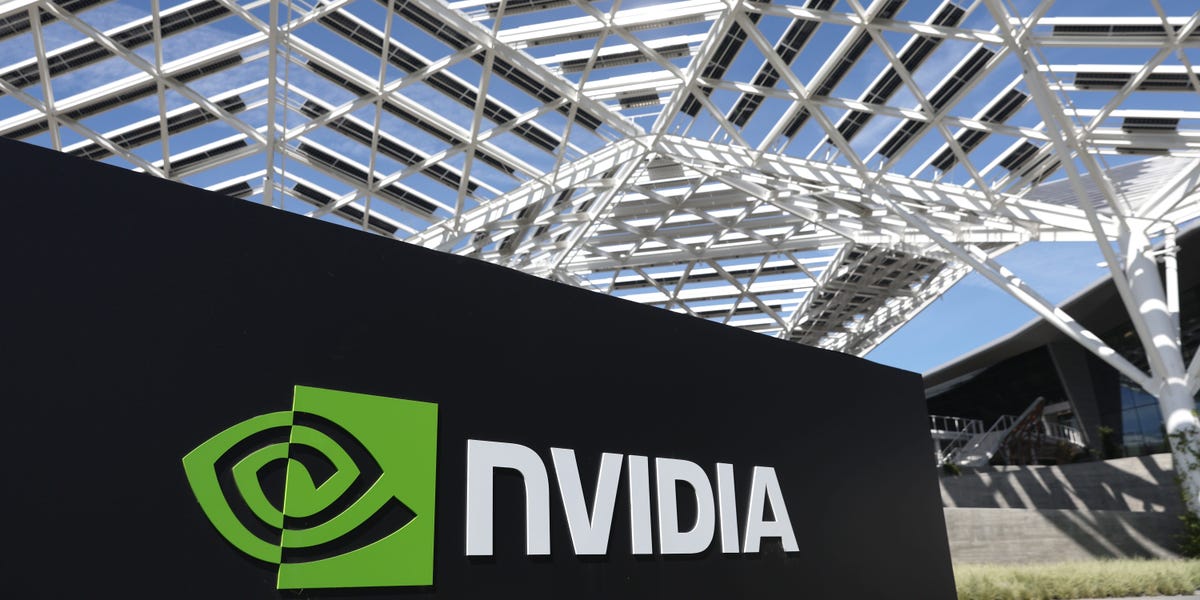And additional perspectives for in-house leaders prepared to welcome the future
The pace at which artificial intelligence (AI) will integrate into the legal sector hinges significantly on in-house counsel and technology firms. This insight was shared during a recent presentation by the Thomson Reuters Institute at the Synergy conference titled “Embracing the Future.” The presentation, led by Mike Abbott, highlighted research findings linking legal department priorities to the efficiencies achievable through AI-driven tools. Abbott acknowledged a gap between corporate clients’ needs and law firms’ capabilities in terms of pricing and efficiency, urging attendees—primarily in-house lawyers and corporate counsel from major global corporations—to spearhead AI adoption. He emphasized that these clients, in collaboration with technology companies, will dictate the pace and manner in which legal professionals leverage the benefits of AI. Abbott delved into the following key points:
- Legal department leaders should focus on four strategic areas
- There is a rise in demand and investment in legal services, accompanied by cost pressures
- Aligning objectives with metrics and adopting a long-term perspective will position legal departments as strategic leaders
- AI is poised to revolutionize professional services in the next five years
- In-house teams and technology companies will play pivotal roles in driving adoption.
Strategic Focus Areas
Legal department leaders should concentrate on four strategic areas, which are as follows:
- Providing sound legal counsel
- Enhancing operational efficiency
- Safeguarding the organization
- Facilitating the achievement of business objectives
In-house teams often prioritize legal advice and cost efficiency while neglecting risk management and goal alignment. Abbott recommended expanding the focus to address these aspects. Balancing Demand and Cost Pressure Legal teams are tasked with managing a delicate equilibrium. While companies require more legal services, they also expect their in-house counsel to meet these demands within existing or reduced budgets. To address this challenge, legal teams are investing in technology to revamp service delivery and enhance oversight of external counsel expenditures. This strategic move will enable them to elevate the quality of services provided to the business.
Positioning Legal Teams as Strategic Leaders
In navigating the demand-supply conundrum, legal teams are also striving to measure outcomes that truly impact the business. This entails aligning their goals and metrics with the organization’s growth, cost, and risk priorities. By doing so and adopting a forward-looking approach, legal departments can establish themselves as strategic leaders.
The Disruptive Potential of AI
Over the next five years, AI is poised to disrupt professional services significantly. It will empower companies and professionals to boost efficiency, manage risks more effectively, and nurture talent. Abbott underscored the importance of seizing the opportunity to lead in this transformative era. He advised against being passive, urging individuals to champion AI adoption within their organizations. Being cautious, enthusiastic, and optimistic, he noted, will yield the best outcomes. Conversely, waiting for AI to fade into obscurity is not a viable strategy. Proactive adoption is imperative.
Leading the Charge: In-house Teams and Tech Companies
In-house teams and technology firms will wield considerable influence in driving AI adoption across the legal landscape. Together, they will shape and implement numerous solutions adopted by the broader industry. Involving end clients in the design process will foster trust and facilitate smoother adoption of new tools by firms. Abbott highlighted that AI will also redefine talent requirements. Rather than solely seeking AI experts, organizations should prioritize well-rounded candidates with diverse skill sets. Attendees concurred that the technology landscape will continue evolving, presenting a markedly different outlook in the coming years. “This transitional phase is crucial,” Abbott remarked. He concluded by emphasizing that forward-thinking in-house teams, eager to explore how AI and technology can fuel their growth, will mold the future. These teams, evolving into strategic leaders, will guide businesses on legal matters, safeguard their interests, and contribute to growth strategies.
Generative AI has arrived for corporate legal departments. Stay ahead of the curve.










